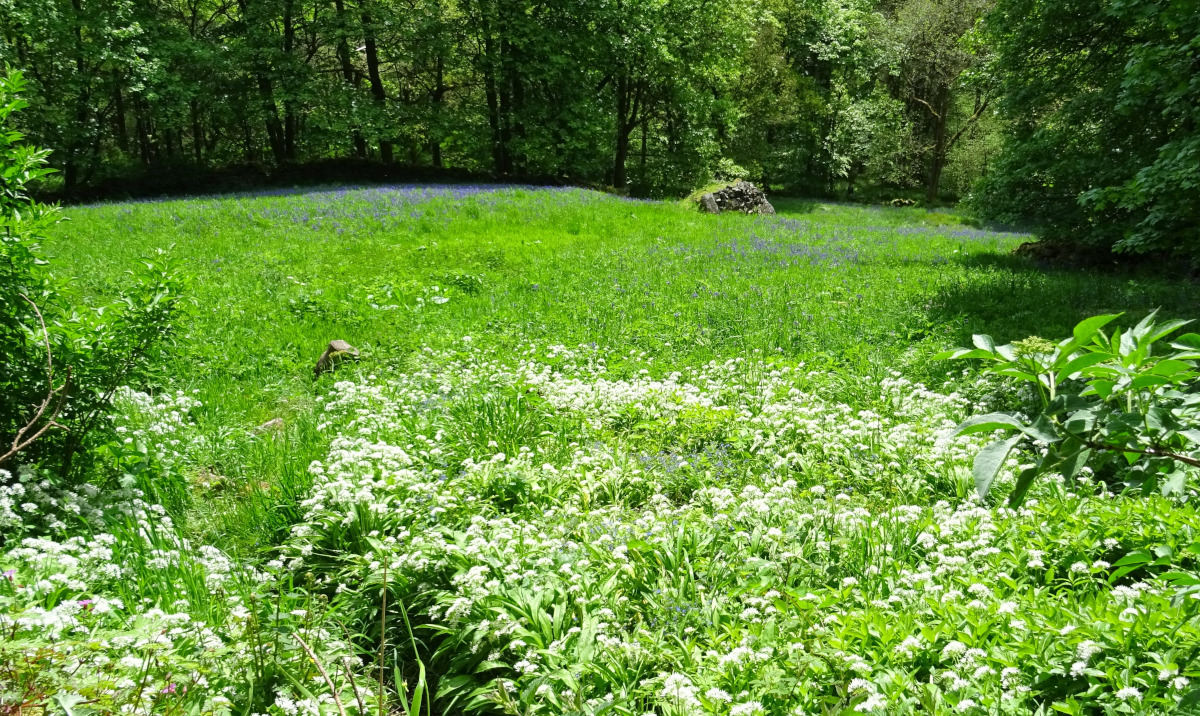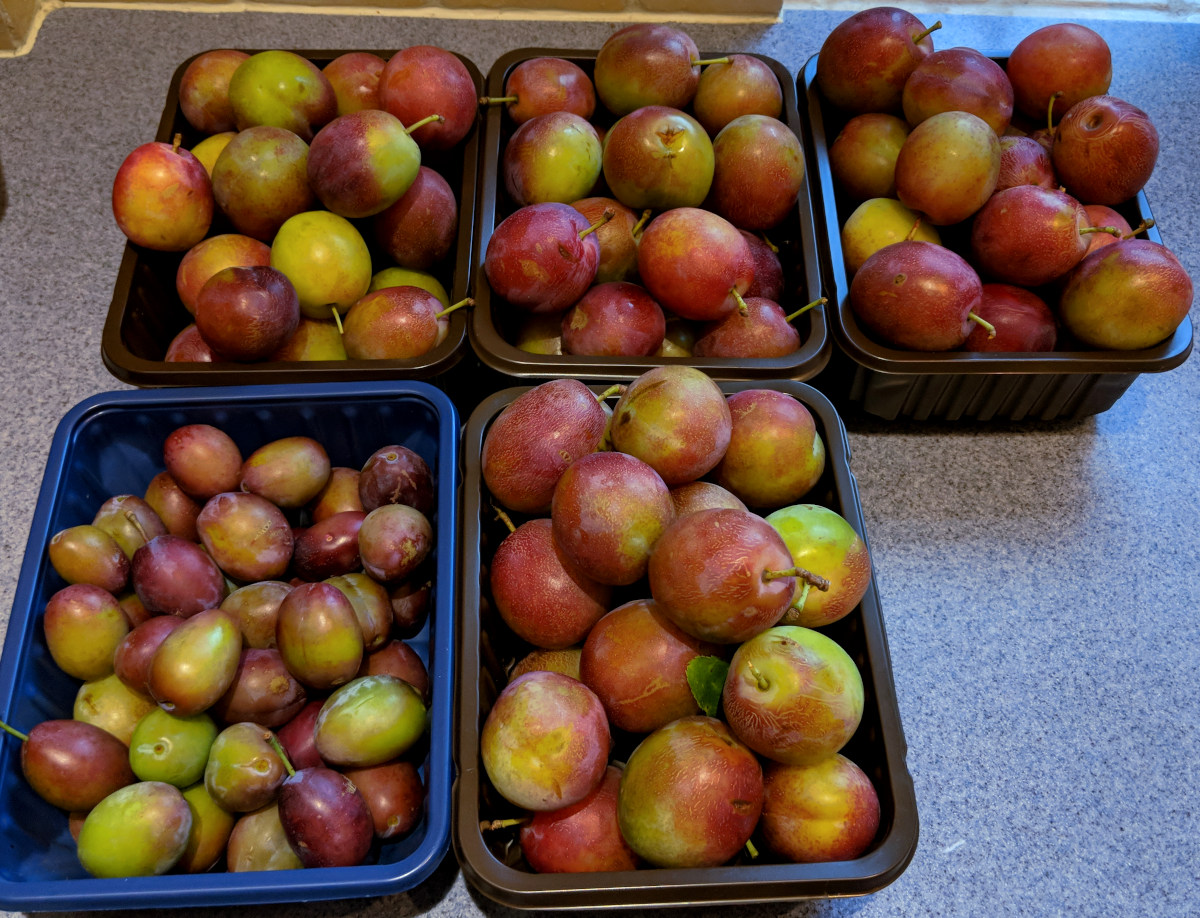Is foraging good or bad? the pros and cons of gathering your own food.

Foraging is the act of gathering food from the wild, such as fruits, berries, nuts, mushrooms, and herbs. It’s a practice that has been used by humans for thousands of years, and is still common in many cultures around the world. Foraging is the most sustainable way to collect food.
Table of Contents
Whether or not foraging is sustainable depends on a variety of factors, but it can be done sustainably with proper knowledge and practices.
Whether foraging is good or bad depends on the individual gathering the food.
Foraging is good for both the individual and the environment provided certain rules are followed and you do not do any damage. Taking too much, leaving litter or mess is bad practice.
In today’s fast-paced and industrialised world, many people are looking for ways to reconnect with nature and live a more sustainable lifestyle.
Arguments for sustainability:
- Low environmental impact: Unlike conventional agriculture, foraging doesn't require land clearing, pesticides, or fertilisers. It can even help control invasive species and promote biodiversity.
- Renewable resource: Many wild plants and fungi reproduce quickly and can withstand sustainable harvesting.
- Locally sourced food: Foraging encourages people to eat seasonally and from their immediate surroundings, reducing food miles and supporting local ecosystems.
- Cultural and educational value: Foraging reconnects people with nature and teaches them about the plants and animals around them.
Do your research: Learn about the plants and fungi in your area, including which ones are safe to eat and how much you can sustainably harvest.
Start small: Don't try to collect too much at once. Take only what you need for immediate use.
Leave plenty behind: Don't strip an area bare. Allow plants and fungi to reproduce and thrive.
Be respectful of the environment: Don't damage plants or disturb wildlife.
Follow local regulations: Check for any rules or restrictions on foraging in your area.
Below: Do not take too much or do any damage when foraging.

Arguments against sustainability:
- Overharvesting: If too many people take too much of a particular plant or mushroom, it can damage the population and disrupt the ecosystem.
- Misidentification: It's important to know exactly what you're picking to avoid poisonous plants or protected species.
- Lack of regulation: In some areas, there are few or no rules governing foraging, which can lead to unsustainable practices.
- Commercial exploitation: Large-scale commercial foraging can have negative impacts on wild populations.
With concerns about safety, legality, and sustainability, many wonder whether foraging is truly a good or bad practice.
Here are the pros and cons of foraging:
Pros:
- It's free and provides highly nutritious food.
- It can be a meditative and peaceful activity, reducing stress and anxiety.
- It provides a connection to nature and appreciation for the natural world.
- It can be a sustainable option, reducing the carbon footprint associated with transportation and packaging.
- It supports local biodiversity and can help protect ecosystems from the negative effects of monoculture.
Cons:
- It can be dangerous if done without proper knowledge and preparation.
- Some wild plants are toxic and can cause serious illness or even death if consumed.
- Wild food may be contaminated with pesticides, heavy metals, or other pollutants.
- It's not always legal, and rules and regulations can vary depending on the location and type of food being gathered.
- Over-foraging can harm local ecosystems and reduce biodiversity.
One of the biggest advantages of foraging is that it’s free and can provide highly nutritious food. Wild plants often contain higher levels of vitamins, minerals, and antioxidants than their cultivated counterparts, making them a great addition to any diet.
Foraging is often seen as a more sustainable option than buying food from supermarkets, as it reduces the carbon footprint associated with transportation and packaging. It also supports local biodiversity and can help protect ecosystems from the negative effects of monoculture.
